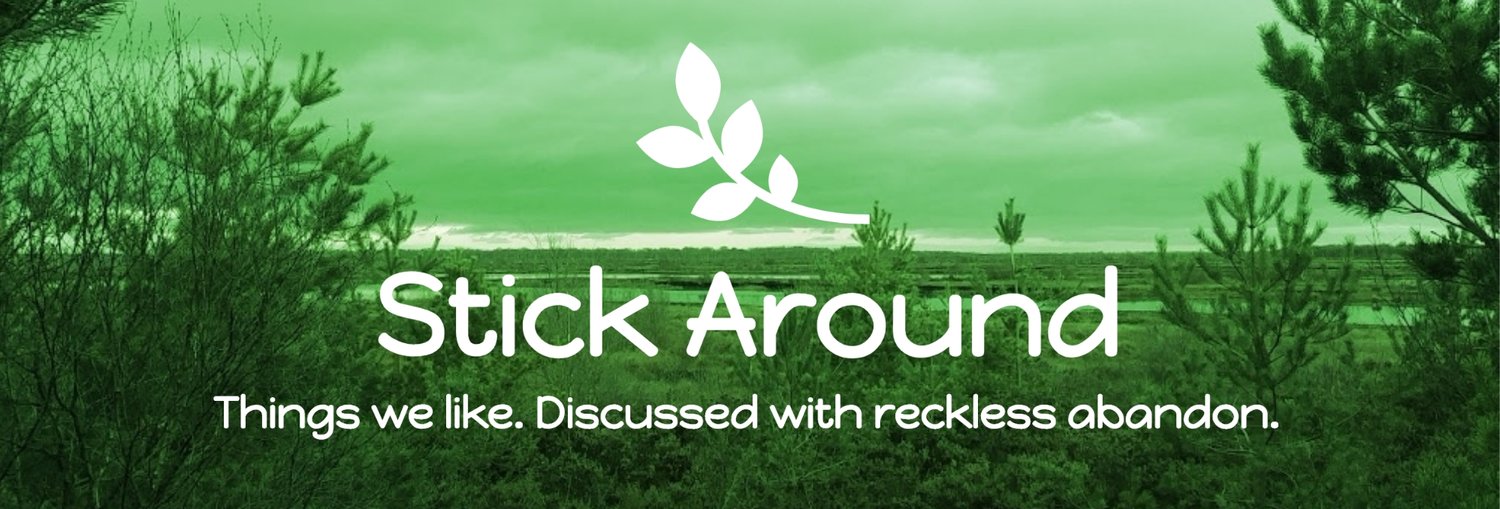Colson Whitehead - The Nickel Boys
It seems especially necessary to talk about this book now. The 2020 presidential election in the United States is ongoing. The state of Florida has just voted for Donald J. Trump to continue as President. This book is set in the state of Florida in the (albeit fictional) Nickel Academy reform school. Fictional, but based on the Dozier School For Boys in Marianna, Florida, and “the racist brutality of reform schools in the Jim Crow-era south”.
The book is The Nickel Boys by Colson Whitehead. Whitehead who also wrote The Underground Railroad, one of the favourite books of Barack Obama. Obama who also describes The Nickel Boys as a “necessary read”. Both books are excellently thought-provoking, and fully deserving of the Pulitzer Prizes that Whitehead received.
The Nickel Boys had the most profound emotional effect that a book has had on me since I read Bury My Heart at Wounded Knee, Dee Brown’s narrative of the America Indians and the “national disgrace” of how they were treated by the United States government. Both books focus on the treatment of groups of people defined by their ethnicity. The most harrowing thing, however, is the amount of people who continue to act and think in the same way today; as Whitehead writes:
“their daddies taught them how to keep a slave in line, passed down this brutal heirloom… they wait still, as long as the sons – and the sons of those sons – remember”.
The Nickel Boys focuses on Elwood Curtis and the tragic events that lead to him being sent to the Nickel Academy. It details the treatment of him and his peers, amid a background of multiple policy reforms that lead to no meaningful change.
The real Dozier School for Boys operated for one hundred and eleven years and destroyed the lives of countless children, as well as leading to the brutal deaths of at least 81 of them. Such things should never be allowed to happen again. Such attitudes should no longer be prevalent in society. Events of the past should be learned from to positively shape the future, which is what makes this book so necessary, essential, and – ultimately – devastating.






